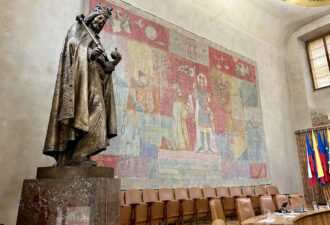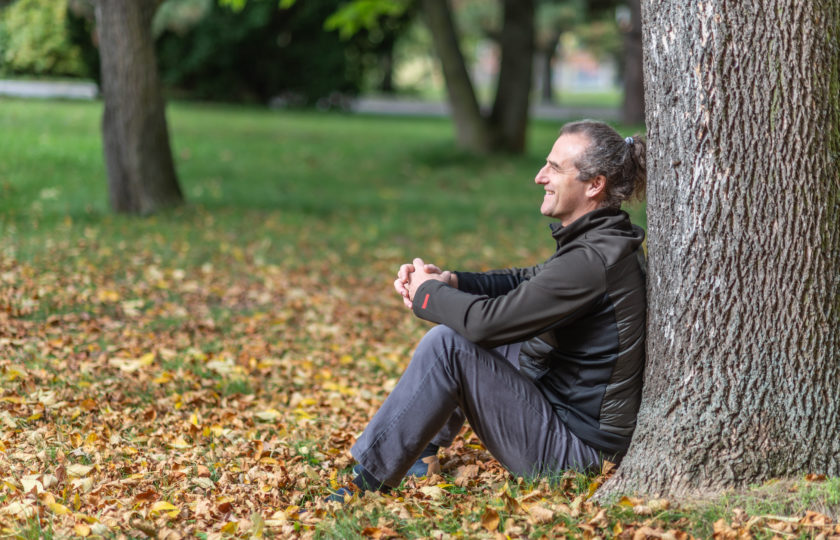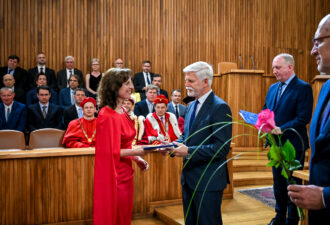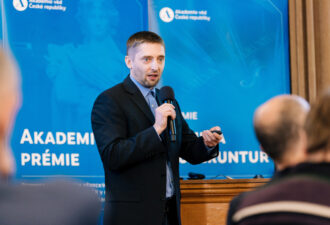
Leoš Shivaya Valášek obtained a master’s degree in Genetics and Molecular Biology in 1994 from Charles University in Prague, after which he went on to study for a PhD at the University of Vienna. A successful post-doc at the National Institutes of Health (NIH) in the USA paved the way for him to pursue an independent career at the IMIC. Valášek’s laboratory strives to figure out how the cell deciphers the genetic code of DNA using relatively simple decoding keys and uses this gene-encoded information to produce proteins, i.e., cellular effectors, through a very complex process also called translation.
- What does membership of Academia Europaea mean to you?
“I feel very honoured, indeed, the invitation to the electoral process was already an honour for which I was very grateful. Clinching the membership came out of the blue, an unexpected surprise, because the whole process took almost a year and I had completely forgotten about the invitation in the meantime. I was told that the membership will allow me to follow closely (and hopefully influence, at least to a limited extent) the future direction of European science, which has been making me “a little” worrisome lately, especially in view of the ever increasing, time-consuming and, above all, completely pointless bureaucracy. And last but not least, of course, it means that the Nobel Prize is one step closer again, ” Leoš S. Valášek adds with exaggeration.
Members of Academia Europaea are leading experts from the physical sciences and technology, biological sciences and medicine, mathematics, the letters and humanities, social and cognitive sciences, economics and the law. The AE encourages the highest possible standards in scholarship, research and education. It also aims to promote a better understanding among the public at large of the benefits of knowledge and learning, and of scientific and scholarly issues which affect society, its quality of life and its standards of living.


